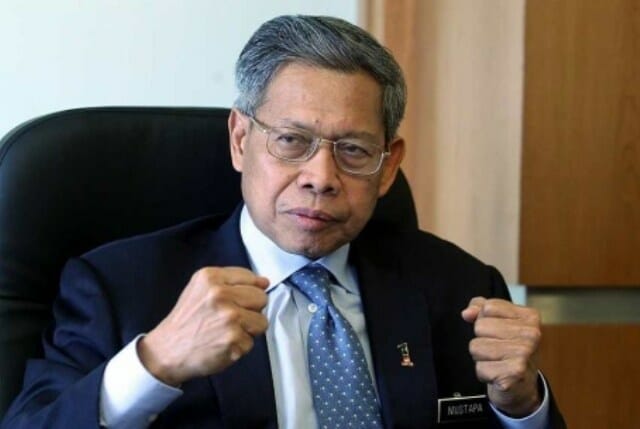The National Energy Policy (NEP) 2021-2040 aims to improve economic resilience and ensure energy recovery while achieving equality and universal access as well as ensuring environmental sustainability.
The Economic Planning Unit (EPU) has been in collaboration with the Ministry of Energy and Natural Resources (KeTSA) and several key stakeholders for over a year in forming the policy/
“The policy, slated to launch later this month — is expected to boost the country’s investment flows to advance its sustainable development goals.
Minister in the Prime Minister’s Department (Economy) Datuk Seri Mustapa Mohamed said there is a need to have policies and regulations in place to make the most out of the country’s transition to cleaner energy.
about:blank “Global energy transition will create a range of challenges and opportunities for the energy sector as well as the broader Malaysian economy,” Mustapa said in a keynote address at the Sustainable Development Goal Seminar on Affordable and Clean Energy recently.
He hoped that the National Energy Policy will also contribute to a higher quality of life for Malaysians in terms of a stronger economy and a greener community.
“We need clarity in our energy agenda. We need to ensure that the lights are always on and that our system remains robust and resilient in managing disruptions during the global transition of energy,” he said.
He added that Malaysia has revised its national Renewable Energy (RE) capacity target from 20% to 31% by 2025 to reduce the country’s dependence on coal.
“RE contribution in the installed capacity mix is projected to increase from 31% to 40% by 2035 in the Malaysia Renewable Energy Roadmap,” he noted.
He also recommended that carbon capture, utilisation and storage technology for carbon mitigation be explored and embraced if found feasible.
Mustapa also foresaw that about 99% of Malaysians will have access to electricity by 2025. Currently, 98% of Malaysians have access to electricity, as a result of the government’s long-term socioeconomic planning.
Meanwhile, he was pleased to see the strong commitment of the private sector to clean energy and green growth such as Tenaga Nasional Bhd’s Sustainability Pathway 2050 and Petronas’ aspiration to achieve net-zero carbon emissions by 2050, aligned with the government’s sustainable development targets.
“As you all are aware, energy is a critical growth engine for the Malaysian economy. It is the battery that our economy runs on and contributes significantly to the GDP.
“It is intimately connected to the industrial, commercial and familial life of the country,” he concluded.









